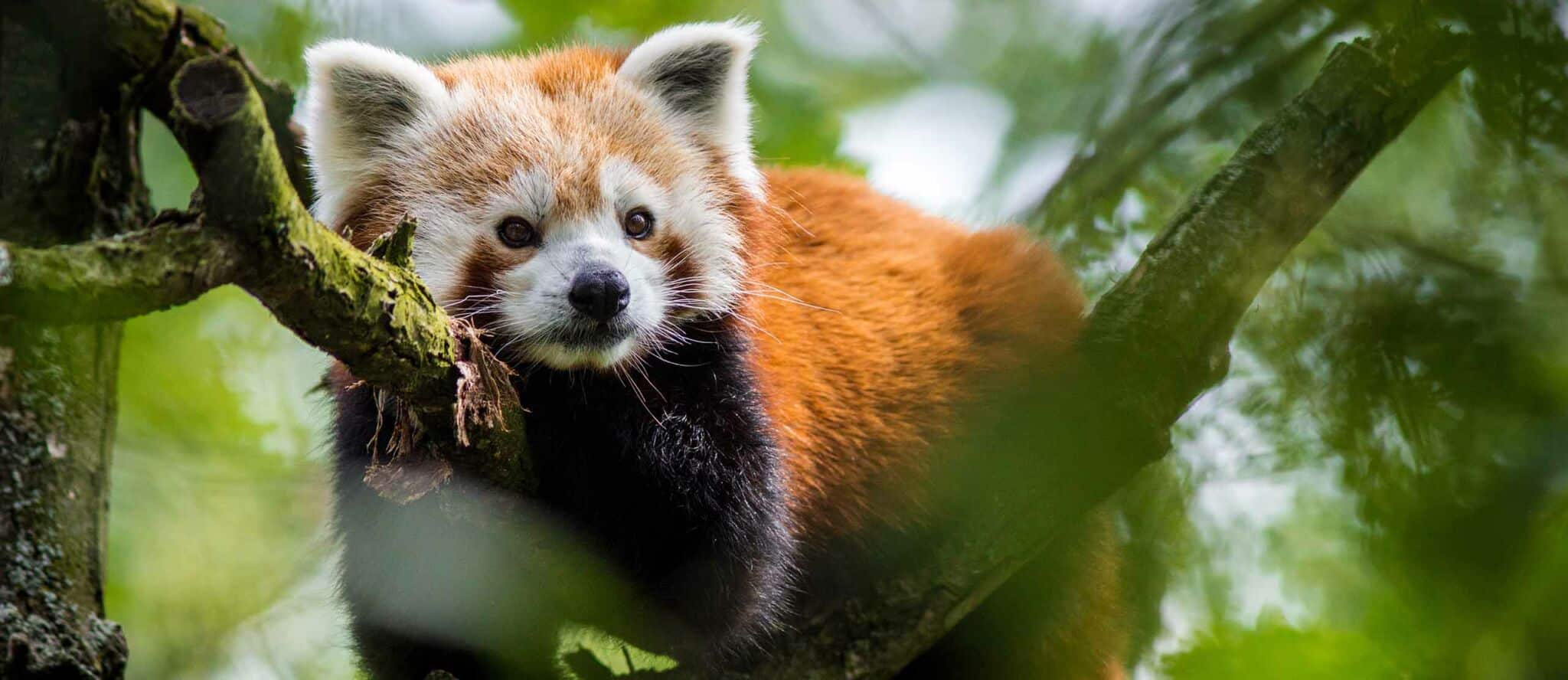
Our Short Specialization Degree in Integrated Wildlife Conservation trains figures specialized in the protection and management of land and water wild fauna. Attendees will develop an integrated theoretical and technical/practical One Health approach, to manage wild animals and species/habitat preservation projects, in a sustainability and local conflict management perspective.
Participation of international scholars ensures a holistic and multidisciplinary vision to manage data, information and researches on preservation. Furthermore, it provides the cultural means to explore the human dimension and draft management, preservation and communication plans. The course will provide the appropriate skills to intervene during the different phases of preservation projects, from planning to implementation and promulgation, by pursuing research, welfare and local sustainability goals.
In the first part of the course, classes will be held online on Fridays and Saturdays on alternate weeks through e-learning platforms. In the second part of the course, in-person sessions are scheduled (either on weekends or as residential weeks) for practical lessons, workshops, and exercises.
The training activities may take place at UNIPD facilities or at the facilities of partner organizations (such as zoos, parks, or research institutes).
Each student is required to complete an internship at institutions, private companies, or other organizations, either nationally or internationally. The internship will last 200 hours and is worth 8 ECTS credits.
During the Master’s Course, students will be asked to develop an integrated conservation project. The project will involve active experimentation based on the methods learned during the course and will be carried out in groups.
The course’s educational content is organized around the following main thematic areas: integrated biodiversity conservation; research, animal welfare, and sustainability; human dimension and conflict management; legislation, ethics, and communication.
The Master’s program is open to anyone holding a first-level university degree who is interested in the conservation of terrestrial and marine wildlife and the protection of biodiversity.
The course is also suitable for professionals such as biologists, zoologists, naturalists, veterinarians, and agronomists working in the field of nature conservation.
The program equips students with the skills necessary to work in biodiversity conservation from a One Health perspective — from the design and planning to the implementation of conservation projects, both nationally and internationally.
It also provides competencies in managing local conflicts, scientific communication, and public outreach, while pursuing goals related to research, animal welfare, and local sustainability.
Our Short Specialization Degree in Integrated Wildlife Conservation is organized according to the following modules:
Module 1 – Preservation
Content: Ecology and biodiversity – One health approach and conservation medicine: an introduction – Ex-situ Conservation – In-situ Conservation – Conservation Ethics and Education – Design of conservation projects – Environmental disaster management and stranding
Module 2 – Research, Welfare and Sustainability
Content: Wild animals’ infectious diseases management – Wildlife Welfare – Biotechnology for conservation – Forensic investigation in wildlife crimes – Evolutionary adaptation in the animal world
Module 3 – Regulations, Communication, Ethics and Management
Content: Regulation and Legislation – Human-Wildlife conflict and interaction – Ethics, Communication and Project Management
- Parco Natura Viva – Garda Zoological Park (Bussolengo, VR)
- Giardino Zoologico di Pistoia (Pistoia – PT)
- Federazione italiana Parchi e Riserve Naturali – Federparchi
- Stazione Zoologica Anton Dohrn (Napoli – NA)
- Zoo delle Maitine (Pesco Sannita – BN)
- Parco Monte Barro (Galbiate – LC)
- Parco Nazionale dell’Arcipelago Toscano (Portoferraio – LI)
- WWF Lecco
- Leibniz Institute for Zoo and Wildlife Research IZW – Berlin, Germany
- IPB University – Bogor Indonesia
- Centro Interuniversitario per la Ricerca sui Cetacei – CIRCE
- Agreement on the Conservation of Cetaceans of the Black sea, Mediterranean Sea and contiguous Atlantic Area – ACCOBAMS
- Morigenos – Slovenian Marine Mammal Society
- Biology Department – University of Padua
- Romanian Wilderness Society
- CERT – Cetacean strandings Emergency Response Team
- AnimalConcepts
The general ranking of merit for the academic year 2025/26 will be published on the Italian page of this Master according to the timing provided in the Call.
Single course
Information
Get the brochure
"*" indicates required fields
FAQ
Online lessons will be held on the Zoom platform. Students can find the Moodle platform link on the Master course page.
Yes, there will be a 200-hour traineeship/stage, equal to 8 CFU for each student. The traineeship/stage may be completed in any facility (private/public, national/international) that protects biodiversity, as selected by the student, and affiliated to the University of Padua
Yes, students are required to attend at least 70% of both theoretical and practical lessons. Some practical sessions will be optional, though strongly recommended. A selection of these optional practical sessions will also be organized abroad.
The final dissertation includes the definition of an integrated preservation project, which may be developed individually or in groups, based on an active experimentation according to the methods learned during the course
Yes, international experts will take part in the training activities, with the option of completing the traineeship and final project also abroad.

